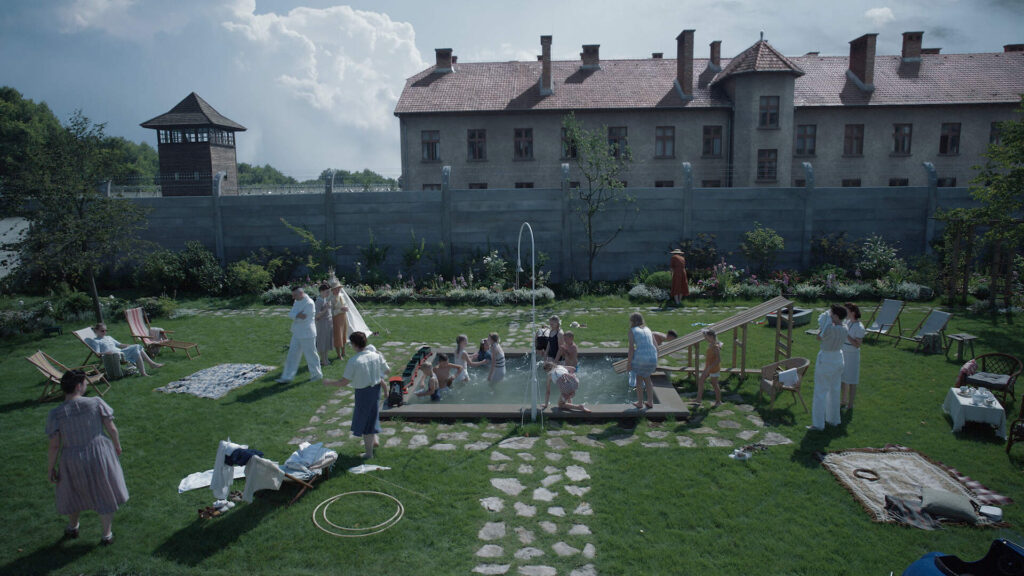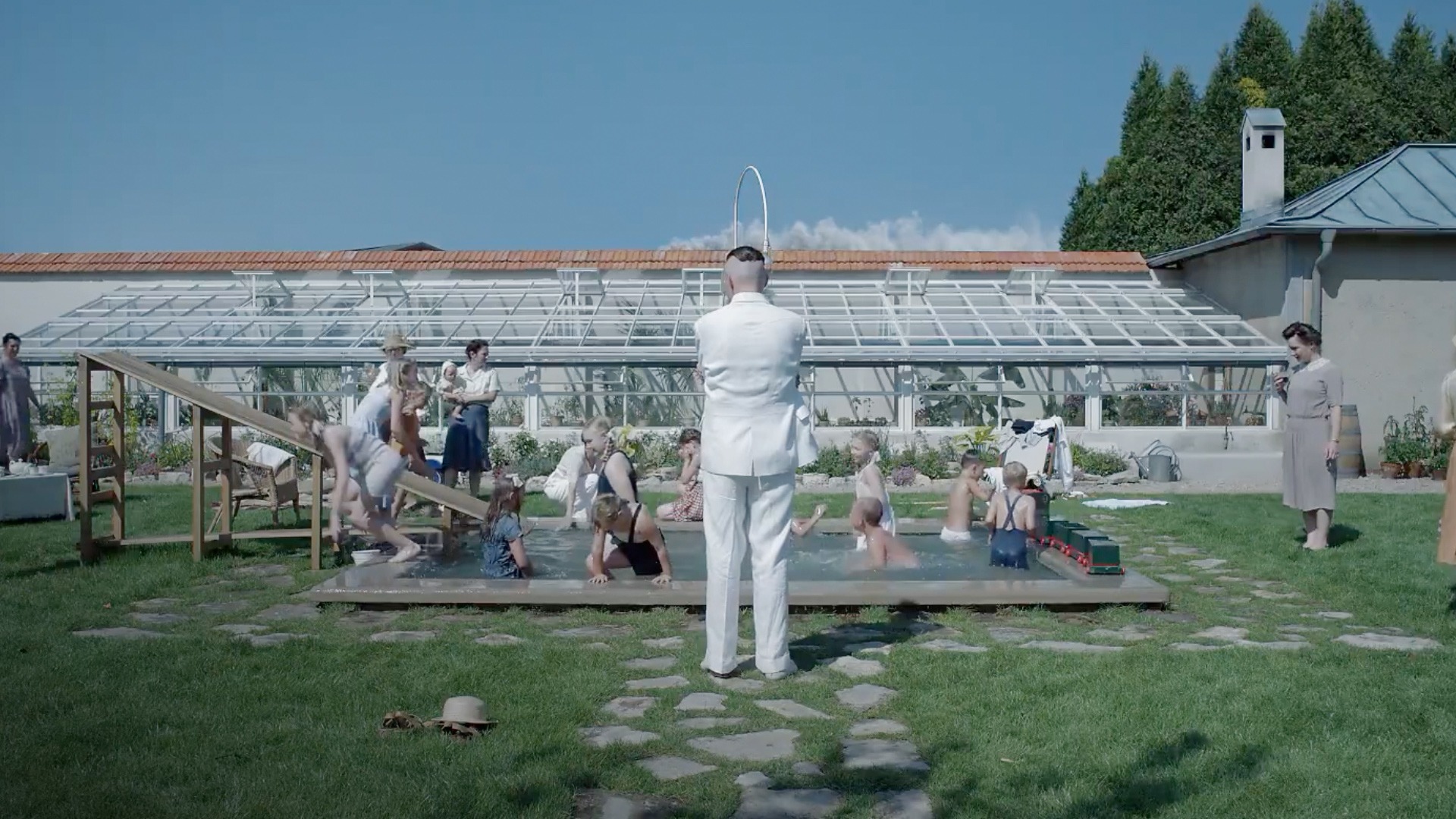The Zone of Interest is an exercise in duality, making a courageous choice of not dehumanising the perpetrators behind human genocide, writes Srivathsan Nadadhur
A film may be a creative expression of a storyteller, but it’s still meant for an audience and is intended to engage them. The Zone of Interest may seem too monotonous as a film and it is not chasing entertainment value. It seeks to provide an anthropological understanding and an alternative look into the holocaust, probably one of the most inhuman episodes in world history. It’s intentionally devoid of charisma and isn’t designed to impress.
Directed by Jonathan Glazer, The Zone of Interest documents the familial life of Rudolf Hoss, the Auschwitz concentration camp’s first commandant during World War II, responsible for the death of a million Jews and prisoners. Playing around the thin line between documentary and fiction, the viewer is a fly on the wall, watching characters absorb themselves in the domesticity of their lives, unaffected by the crisis around them.
A wall works as a metaphor, depicting the stark contrast in the lives of the protagonist’s family and the prisoners of war. As Hoss’ family enjoys their boat rides, swims, flaunts a wide variety of flowers and vegetables in their garden and organises social gatherings, the soundscape tells a different story. They find a way to live amidst gunshots, cries of pain, conflicts and the sounds of trains.

The director doesn’t conveniently dehumanise his protagonists; at best, they appear indifferent. As Hoss reads fairy tales to his daughters in the night and his wife Hedwig discusses a spa she wants to revisit in Italy, a Polish maid in their house secretly plucks apples from their garden and places them in every possible location in and around work sites.
There’s wry humour too; Hedwig refuses to move out of her Auschwitz home despite his promotion as a deputy inspector and subsequent transfer to Berlin. Hedwig takes pride in being addressed as the ‘queen of Auschwitz’. She says the family is now leading a life they’d always dreamt of in their teens.

Hedwig’s mom, a brief visitor at their residence, abruptly cut-shorts her trip, with the war cries gradually taking a toll on her. While Hoss goes on a boat ride with his kids, he finds human remains in the waters – something he’s directly responsible for. His five children, who’re yet to comprehend the situation holistically, realise something’s wrong with life beyond their four walls.
The human genocide affects Hoss, though he doesn’t express it verbally – he consistently stares into the abyss, is lost in thought and drowns himself in work. Later, he jokes off-handed with his wife about gassing an entire party room in Berlin. He’s happy to lead an operation named after him, that’ll result in the death of over seven lakh Hungarian Jews.
There’s irony and hypocrisy all around and nothing of this is overemphasized and dramatised. The film’s most impactful segment is preserved for the last stretch as Hoss coughs profusely and walks down the stairs, reflecting on what he would be remembered for, as the scene is juxtaposed with the present-day visuals of the Auschwitz–Birkenau State Museum.

Shot with no crew, the makers use natural light in the day and switch to night-vision cameras to portray alternate realities. The dialogues feel like ‘small talk’ – the gossip with neighbours, the trivial family matters and orders from Ross’ superiors, narrated through letters and voice-overs. The conversation around the loss of lives and human terror is so matter-of-factly.
In an interview, the director said viewers tend to identify with victims more than the perpetrators in a tragedy. The film inverts the situation to offer an inward look into our times, as we apathetically move on with life in a world regularly torn apart by war and strife. Christian Friedel and Sandra Hüller’s unobtrusive yet nuanced performances provoke you to think beyond the obvious.
The Zone of Interest isn’t meant for passive viewing – it commands you to read between the lines and there’s hardly any spoonfeeding. It’s unlikely that you’d come out of its screening and say it has blown you away. It is a cautionary, courageous tale for the times that grows on you while relooking at history.
(Nominated under Best Picture, Best Director, Best Adapted Screenplay, Best International Feature Film, Best Sound categories, The Zone of Interest is playing in theatres)
















